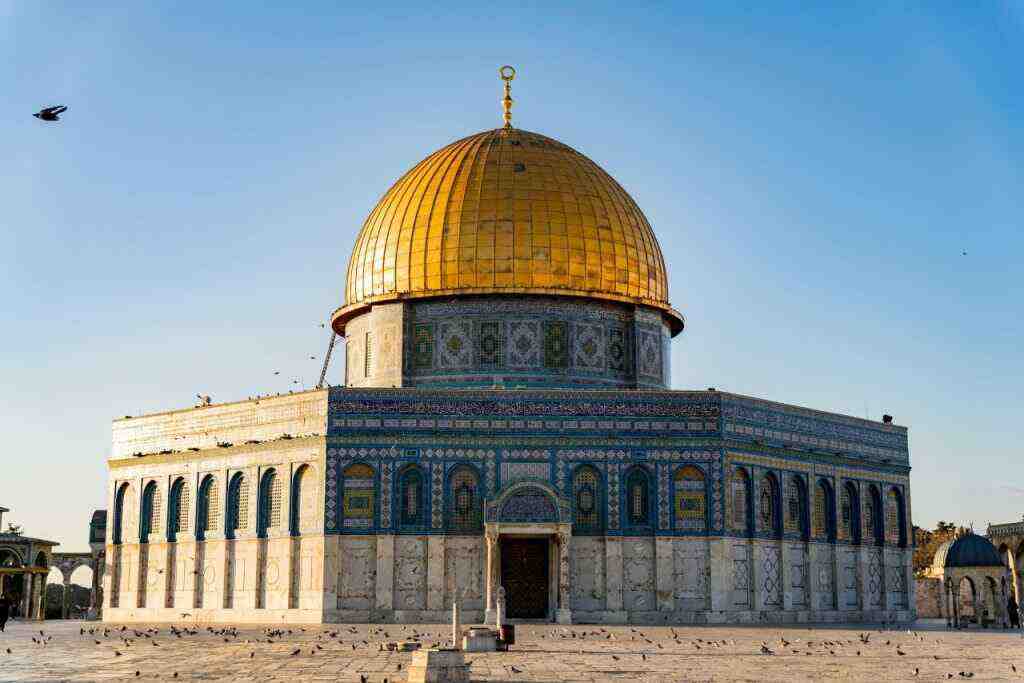The International Court of Justice and the Gaza Conflict: A Legal Analysis
Introduction:
Since its inception in 1946, the International Court of Justice (ICJ) has handled a relatively small number of cases, averaging less than three per year. Many of these cases involve obscure disputes, such as the recent disagreement over pulp mills in Uruguay. However, the trial that commenced on January 11th, 2024, marked a significant departure from the norm, as it addressed one of the most pressing and emotionally charged conflicts: the ongoing violence in Gaza between Israel and Palestine. The case, brought forward by South Africa, alleged that Israel was committing genocide in Gaza, igniting intense reactions from both sides.
The Trial:
The trial, which began on January 11th, 2024, drew immense attention and sparked a wave of emotions. Palestinians rejoiced at the prospect of seeing Israel face legal consequences for its actions in the occupied territories, while Israelis expressed outrage and defiance. Crowds gathered in Ramallah, the de facto capital of the West Bank, to watch the proceedings broadcast live in public squares, highlighting the profound significance of the trial for the region.
South Africa’s Request for Provisional Measures:
In addition to seeking a full trial, South Africa also requested the court to impose provisional measures, including an immediate cessation of fighting in Gaza by Israel. The burden of proof for this injunction was relatively low, requiring South Africa to merely demonstrate that its claims were plausible. However, the judges faced a difficult decision in determining whether to demand that Israel end its military operations, considering the ongoing conflict and the potential consequences of such an order.
The Legal Complexities of Genocide:
The legal definition of genocide is a highly specific and narrowly defined concept. It encompasses not only specific acts, such as killing civilians or causing severe bodily or mental harm, but also requires the intent to destroy, in whole or in part, a national, ethnic, racial, or religious group. This stringent definition presents challenges in proving genocide, particularly in situations where the evidence is complex and contested, as is the case with the conflict in Gaza.
South Africa’s Arguments and Israel’s Defense:
South Africa’s legal team presented evidence and arguments to support their claim of genocide, citing inflammatory statements made by Israeli officials and military personnel, as well as the use of excessive force and the targeting of civilian infrastructure. Israel, on the other hand, vehemently denied the allegations, characterizing them as distorted and politically motivated. The defense argued that the actions taken in Gaza were necessary for self-defense and that there was no intent to commit genocide.
The Challenges of Proving Intent:
One of the central challenges in the case was proving Israel’s intent to destroy the Palestinian population. South Africa presented evidence of statements made by Israeli officials that could be interpreted as inciting genocide, but Israel argued that these statements were taken out of context or did not reflect official government policy. Establishing a clear link between these statements and the actions taken in Gaza proved to be a difficult task.
The Question of Proportionality and Distinction:
Beyond the issue of genocide, the case also raised questions regarding Israel’s adherence to the fundamental principles of international law, namely distinction and proportionality. These principles require armies to distinguish between civilians and military targets and to avoid causing excessive harm to civilians in relation to military utility. The widespread destruction in Gaza, including the targeting of civilian areas, raised concerns about Israel’s compliance with these principles.
The Destruction of Medical Facilities:
Another contentious issue in the trial was the destruction of medical facilities in Gaza. While there is evidence that Hamas had used hospitals for military purposes, which is a violation of international law, the question remained whether Israel’s attacks on these facilities were justified and proportionate. The court faced the challenge of balancing the need to protect civilians with the right of states to defend themselves against attacks.
The Humanitarian Crisis in Gaza:
The deteriorating humanitarian conditions in Gaza also came under scrutiny during the trial. The United Nations warned of an impending famine, and concerns were raised about Israel’s role in limiting the delivery of food and aid to the region. The court had to consider the extent to which Israel’s actions contributed to the humanitarian crisis and whether they violated international law.
The Role of the International Criminal Court:
While the ICJ primarily adjudicates disputes between UN member states, the International Criminal Court (ICC) has jurisdiction over both Hamas attacks in Israel and the subsequent war in Gaza due to Palestine’s status as a signatory to the Rome Statute. However, investigations by the ICC tend to be slow and complex, leaving the question of accountability and justice for victims of the conflict unresolved.
The Complexities of Enforcing Judgments:
Even if the ICJ were to issue an order imposing provisional measures or a final judgment, enforcing such decisions poses significant challenges. Governments sometimes ignore or defy international court rulings, and Israel has already indicated its unwillingness to comply with any orders from the ICJ. This raises questions about the effectiveness of international law in holding states accountable for their actions.
Conclusion:
The trial at the ICJ brought to light the complexities and challenges of addressing the Israeli-Palestinian conflict through legal means. The legal definition of genocide proved to be a high barrier to overcome, and the burden of proof rested heavily on South Africa. The trial also highlighted the importance of upholding fundamental principles of international law, such as distinction and proportionality, in armed conflicts. As the conflict continues, the need for a just and lasting resolution remains paramount, and the role of international law in achieving this goal remains uncertain.
